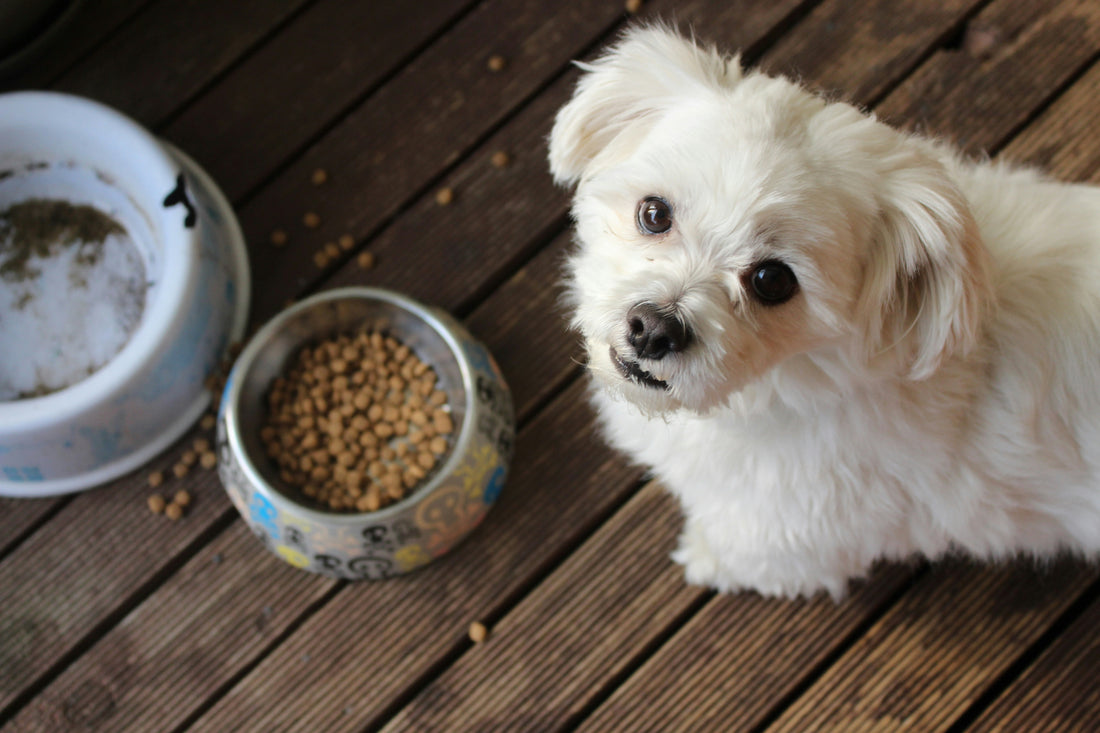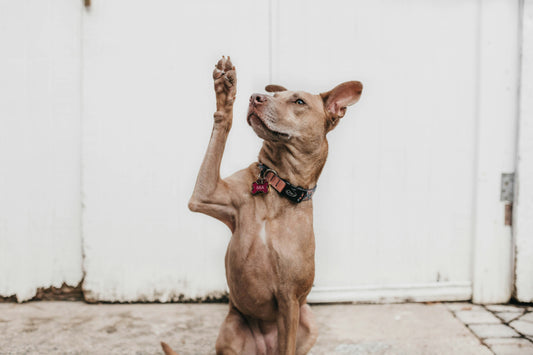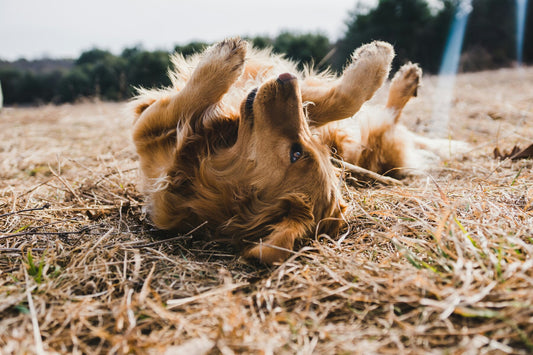How to Help a Constipated Dog

Constipation is a condition that not only causes discomfort for your dog but can also lead to more serious health issues if left unaddressed.
In this article, we dive into the causes, symptoms, and effective remedies for constipation in dogs. From dietary adjustments to lifestyle changes, we’ll equip you with the knowledge and tools needed to help your constipated dog find relief and prevent future episodes.
Understanding Dog Constipation
Signs of Constipation
Constipation in dogs is more common than you might think, and recognizing the signs early can make a significant difference in your dog’s comfort and health. Common indicators of constipation include straining to defecate with little to no success, producing hard and dry stools, or experiencing a noticeable decrease in the frequency of bowel movements, sometimes going days without defecating. You might also notice your dog showing signs of discomfort or distress while attempting to pass stools. These symptoms can point towards constipation, necessitating prompt attention and care.
Common Causes
Several factors can contribute to constipation in dogs, with dehydration, a lack of fiber in the dog’s diet, and insufficient physical activity being among the most prevalent. Dehydration can lead to harder stools that are difficult for your dog to pass, while a diet lacking in fiber can impede the normal movement of waste through your dog’s digestive tract.
Additionally, a sedentary lifestyle can weaken the muscles that facilitate bowel movements, further exacerbating constipation issues. Understanding these underlying causes is crucial in addressing constipation effectively and preventing its recurrence.
Dietary Solutions for Constipated Dogs
High-Fiber Foods
Incorporating high-fiber foods into your dog’s diet is a key strategy in combating constipation. Fiber helps to bulk up and soften stools, making them easier to pass through the digestive system. Foods rich in fiber that are safe and beneficial for dogs include pumpkin, sweet potatoes, and certain greens.
Pumpkin, in particular, is widely recommended for its high fiber content and palatability to dogs. Adding a spoonful of canned pumpkin (not pumpkin pie filling) to your dog’s meals can provide the necessary fiber boost to alleviate constipation. Similarly, cooked sweet potatoes and greens can be mixed with your dog’s regular food to enhance fiber intake and promote healthy digestion.
Hydration and Wet Food
Adequate hydration plays a pivotal role in preventing and relieving constipation in dogs. Ensuring your dog has constant access to fresh water is essential for maintaining normal bowel movements.
If your dog is prone to constipation, incorporating wet food into their diet can also help increase their fluid intake, as canned dog food typically contains a higher moisture content than dry kibble. This additional hydration can help soften stools and facilitate easier passage through the digestive system.
Probiotic Supplements
Probiotics are beneficial bacteria that support a healthy digestive system, aiding in the maintenance of normal bowel movements. Introducing probiotic supplements like Bando’s Digestive Care Soft Chews can help restore and maintain the balance of healthy bacteria in their gut, which is essential for preventing constipation and promoting overall digestive health.
Implementing these dietary solutions can significantly alleviate and prevent constipation in your dog, supporting their digestive health and comfort. However, it’s important to introduce any new foods or supplements gradually and monitor your dog’s response to ensure they are well-tolerated and effective.
Other Remedies and Care Tips
Regular Exercise
Physical activity is not just good for your dog’s overall health; it’s also crucial for maintaining a healthy digestive system. Regular exercise helps stimulate bowel movements, which can prevent and alleviate constipation.
Aim for daily walks, play sessions, and other activities that keep your dog moving. Not only does this aid in digestion, but it also strengthens the muscles used during defecation. If your dog is not used to much physical activity, start slowly and gradually increase the intensity and duration of the exercises to avoid overwhelming them.
Olive or Coconut Oil
Adding a small amount of olive or coconut oil to your dog’s food can serve as a natural laxative, helping to ease constipation. These oils help lubricate the intestines, making it easier for stools to pass through. Start with a small dose—about a teaspoon for smaller dogs and up to a tablespoon for larger breeds—and observe how your dog responds. Be cautious not to overdo it, as too much fat suddenly introduced to the diet can cause diarrhea or upset the stomach.
When to Consult a Vet
While many cases of constipation in dogs can be resolved with home remedies and dietary changes, there are times when consulting a veterinarian is necessary. If your dog’s constipation persists for more than a couple of days, if they seem to be in pain, or if you notice any blood in their stools, it’s time to seek professional advice.
Additionally, chronic constipation can indicate underlying health issues that require medical attention. Your vet can diagnose the cause of the constipation, recommend specific treatments, and provide guidance on preventing future episodes.
Preventing Constipation in Dogs
Preventing constipation in your dog involves a combination of proper diet, regular exercise, and attentive care. By focusing on these key areas, you can help ensure your dog maintains healthy digestion and avoids the discomfort associated with constipation.
Balanced Diet
A balanced diet is foundational to preventing constipation in dogs. Ensure your dog’s diet includes adequate fiber, which is essential for healthy bowel movements. Fiber-rich foods, like those mentioned earlier, can be incorporated into meals to promote digestion and stool regularity.
Additionally, consider the moisture content of your dog’s food. Canned dog food or adding water to dry kibble can increase fluid intake, which helps soften stools and supports overall digestive health. Always choose high-quality dog food that meets your dog’s nutritional needs, and be cautious when introducing new foods to their diet to avoid digestive upset.
Routine Health Checks
Regular veterinary check-ups play a crucial role in preventing constipation and identifying any underlying health issues that may contribute to digestive problems. During these visits, your vet can assess your dog’s overall health, including their digestive system, and recommend any necessary adjustments to their diet or care routine. These check-ups are also an opportunity to discuss your dog’s bowel movement patterns and address any concerns you may have about their digestion or stool consistency.
Book a Consultation Call with Our Team of Experts
If you’re concerned about your dog’s digestive health or need personalized advice on preventing constipation, our team of veterinary experts is here to help. Schedule a consultation call with us and we will provide you with tailored recommendations based on your dog’s specific health needs and lifestyle.






